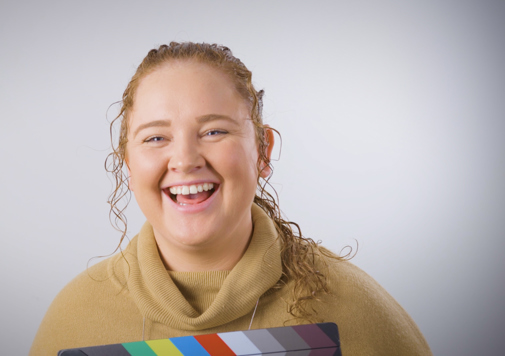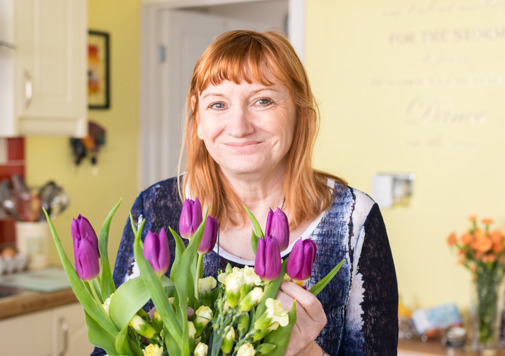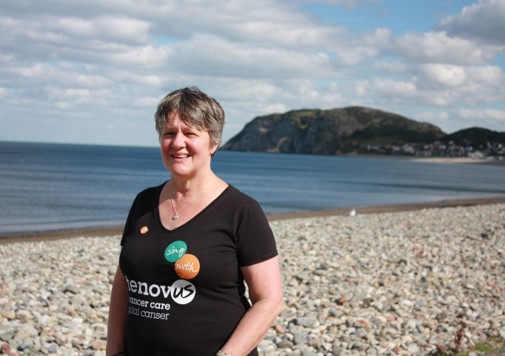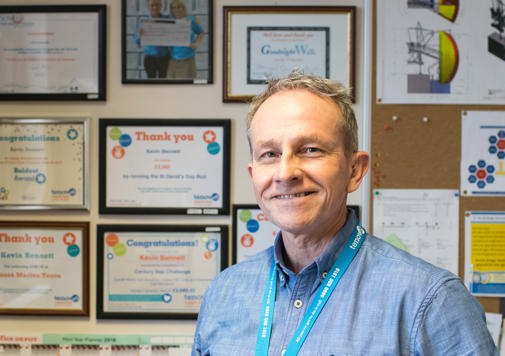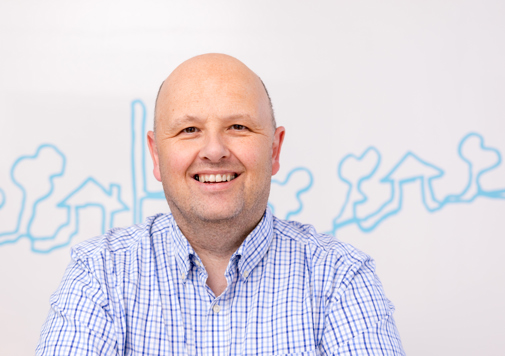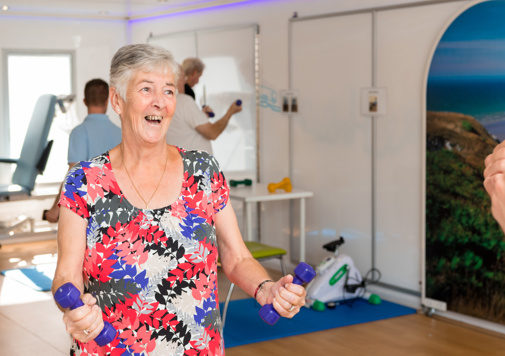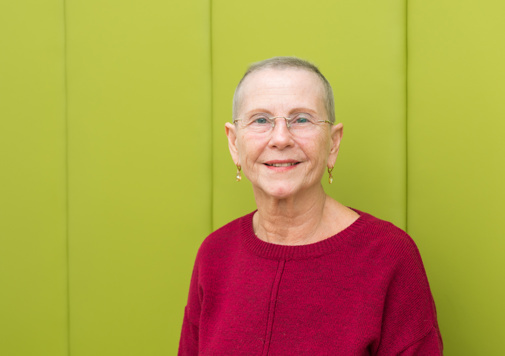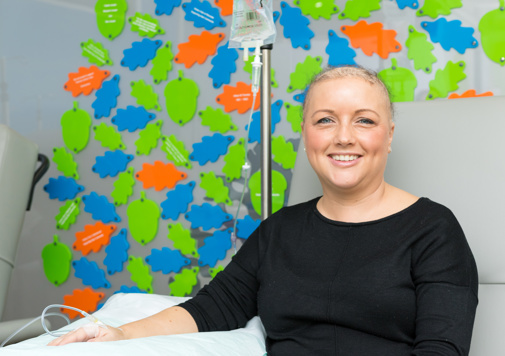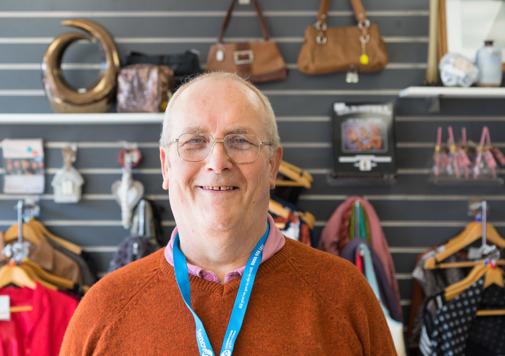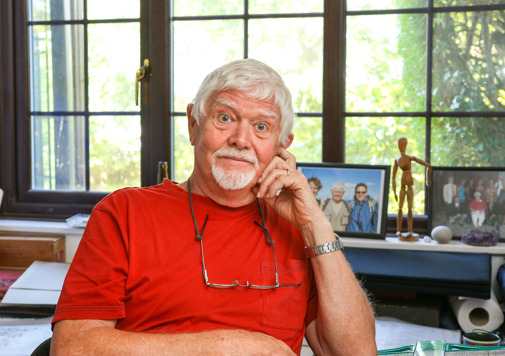After the physical treatment ended, after my last round of radiotherapy I felt alone despite having family and friends around me. Don’t get me wrong, it was a relief to know that I was cancer free, but I was still afraid and anxious about the cancer returning. It was then I thought to myself, what happens to me now?”

In August 2024, Kate, aged 52 became aware of a vein in her left breast. It was more prominent and looked unusual, she had not noticed it before. She went straight to her GP, who in turn referred her to the breast clinic for a mammogram and a biopsy.
It was in September 2024 that the breast clinic confirmed she had early-stage breast cancer, but not in the breast she’d initially sought medical advice about. In fact the lump was in the other breast and was small so could not have been felt and was only discovered through the mammogram.
“It all happened quickly after that” recalls Kate. “I saw a consultant in the October, had a lumpectomy in the November and I was receiving radiotherapy by January 2025.”
The nurses and the rest of the medical team involved were an incredible support to Kate throughout her treatment, though she couldn’t help but feel anxious about what would happen next.
As her final radiotherapy session approached, Kate began to look past the physical care and worried about the future – what if there was a secondary cancer, will I ever feel like myself again? This was when she contacted the nurses at the breast clinic for some advice.
I became really upset and was struggling to accept the situation I found myself in” explained Kate. “I was then told about a counselling support service I could access through Tenovus Cancer Care and within a week I was in touch with Sam.
It was just what I needed, when you’re really struggling like this as I was, you need things to happen quickly and thankfully they did.”
It was during these sessions that Kate learnt how powerful it felt to reflect and rationalise her fears. She realised the importance of how grounding talking to Sam was for her during this time, especially after her physical treatment had ended.
There were things at the time that I could say to Sam, that I couldn’t say to anyone that cared about me, because I didn’t want them to worry. I could also talk about little things, enormous at first, like how I’d go for a walk with my dog only weeks after radiotherapy and how frustrated I was with myself at how fatigued I felt - she was able to help give me a different perspective to my feelings.”

Kate also recognised that up to this point, nothing had ever really gone wrong with her health in her life. So when she received her cancer diagnosis, it was a massive shock and it made her feel vulnerable in ways she’d not experienced before.
“People are used to seeing me as independent, strong and confident, so it was difficult to have these kinds of conversations with my friends and family, no matter how amazing they’ve all been. They’ve not shared what I’ve experienced and even when they told me how well I looked, they didn’t quite understand what I was dealing with inside especially after treatment had ended.”
When Kate became anxious about the possibility of the cancer returning, she was able to reach out to the breast clinic for them to go through her treatment and reassure her of the unlikelihood in her case, of a secondary cancer occurring.
It was through the breast care nurses at the hospital that she found out she could access counselling support through Tenovus Cancer Care. It was in those eight weekly sessions that Kate found how she could navigate her fears and turn them into something else.
Nothing will ever be normal for me again, in the way that it was before. Because I look well and have finished treatment, everyone thinks it’s all back to normal. I really feel that more funding needs to go into emotional mental health support. This is vital after someone’s treatment ends so they don’t spend their time frightened and anxious.
It’s really powerful to be able to express those fears, because those fears then start to lose their power” says Kate. “Being able to have counselling so quickly was a good thing for me.”
Kate wants to see more signposting for emotional and mental health support as standard when people receive their cancer diagnosis.
I had to go looking for it when I got upset towards the end of my treatment. I want to see something like a checklist around emotional wellbeing for medical professionals to use as part of the process so they know if someone if likely to benefit from counselling so they can then signpost them to services. That would be really helpful. It’s important for people to know that there’s counselling support out there.”



